Roadrunner still world’s top supercomputer
The Roadrunner supercomputer just escapes the claws of the Jaguar this time, but IBM could lose its number one spot soon.
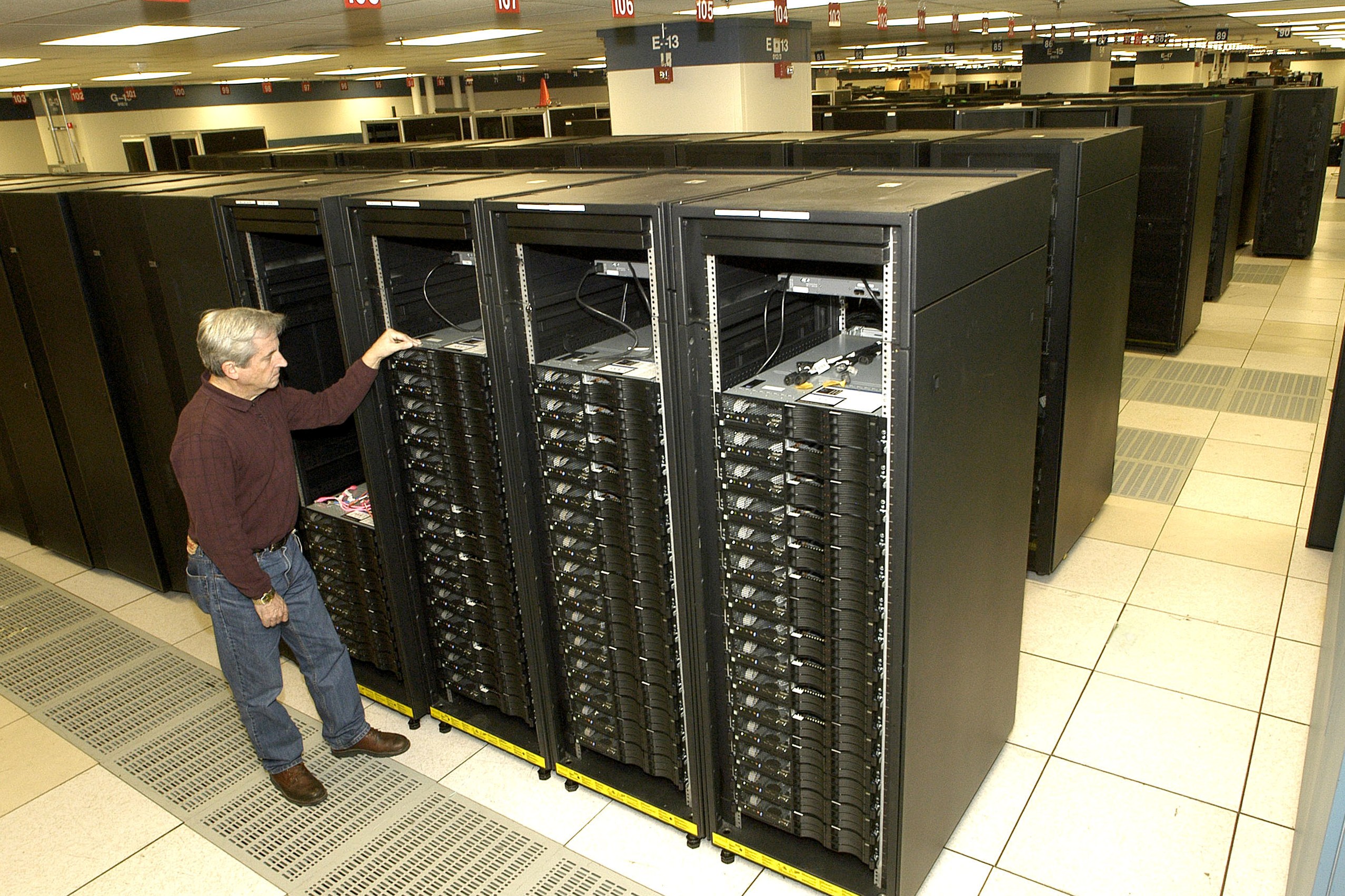
The IBM Roadrunner has kept its crown as the world's most powerful supercomputer, narrowly fending off a challenge from a Cray XT5 system called Jaguar'.
The 1.105 petaflop/s IBM supercomputer has been slightly enhanced since taking the top spot last June.
It beat the Cray XT5 supercomputer Jaguar, which was only the second to break the petaflop/s barrier, clocking in at 1.059 petaflop/s. However, it was suggested that the Jaguar may overtake Roadrunner in the near future.
Both systems are housed in national laboratories operated by the US Department of Energy.
The top British supercomputer came in at 21, an IBM Power 575 system used by the European Centre for Medium-Range Weather Forecasts (ECMWF) for weather forecast data and research.
Although IBM remained the clear leader when it came to the installed total performance of all 500 supercomputers, HP took the lead in the number of systems, with 209 as opposed to IBM's 183.
It was also good news for Intel, with 379 systems (75.8 per cent) using Intel processors - virtually unchanged from six months ago.
Get the ITPro daily newsletter
Sign up today and you will receive a free copy of our Future Focus 2025 report - the leading guidance on AI, cybersecurity and other IT challenges as per 700+ senior executives
Top supercomputer Roadrunner was based on IBM QS22 blades built with an advanced version of the processor used in the Sony Playstation 3.
Roadrunner was also one of the most energy-efficient supercomputers, and used half the total electricity to maintain the same levels of petascale computing power as the Jaguar.
Although proud of holding on to number one spot, IBM claimed that most important was building supercomputers which advanced the global economy and society at large.
"We pioneered energy-smart supercomputer designs with Blue Gene in 2000 and built substantially on that heritage each year to the benefit of science and industry," said David Turek, vice president of deep computing at IBM, in a statement.
"We apply our lessons learned and the innovation that comes from these efforts to IBM's commercial systems business."
-
 Should AI PCs be part of your next hardware refresh?
Should AI PCs be part of your next hardware refresh?AI PCs are fast becoming a business staple and a surefire way to future-proof your business
By Bobby Hellard Published
-
 Westcon-Comstor and Vectra AI launch brace of new channel initiatives
Westcon-Comstor and Vectra AI launch brace of new channel initiativesNews Westcon-Comstor and Vectra AI have announced the launch of two new channel growth initiatives focused on the managed security service provider (MSSP) space and AWS Marketplace.
By Daniel Todd Published
-
 IBM just unveiled its new z17 mainframe – and it's built with AI performance in mind
IBM just unveiled its new z17 mainframe – and it's built with AI performance in mindNews IBM has released the latest version of its mainframe, the z17, aimed at supporting AI workloads and inferencing.
By Emma Woollacott Published
-
 Everything you need to know about Kyndryl
Everything you need to know about KyndrylIn-depth A brief guide to the history of IT infrastructure services provider Kyndryl, including its key products and people
By David Howell Published
-
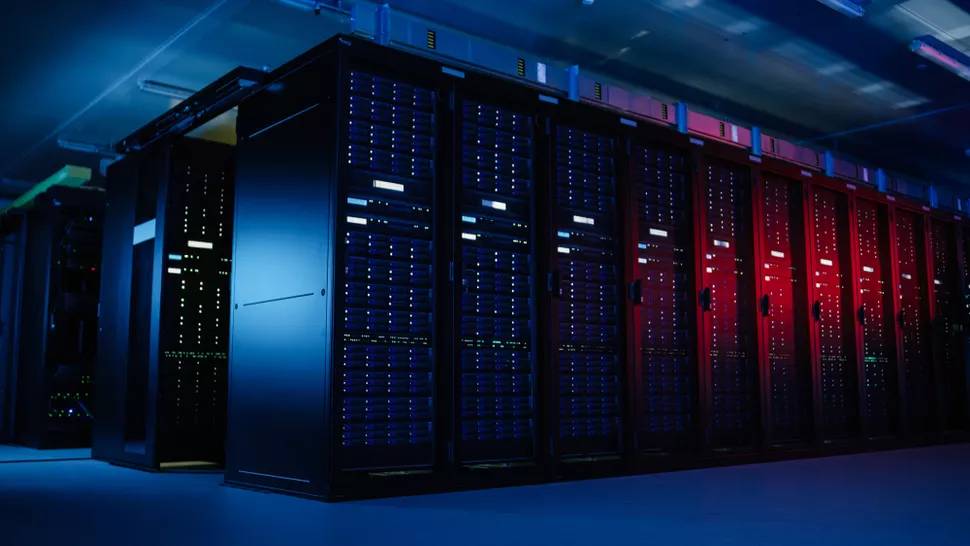 The key requirements of modernization and the role of IBM Power10
The key requirements of modernization and the role of IBM Power10whitepaper Efficient power servers for your data center
By ITPro Published
-
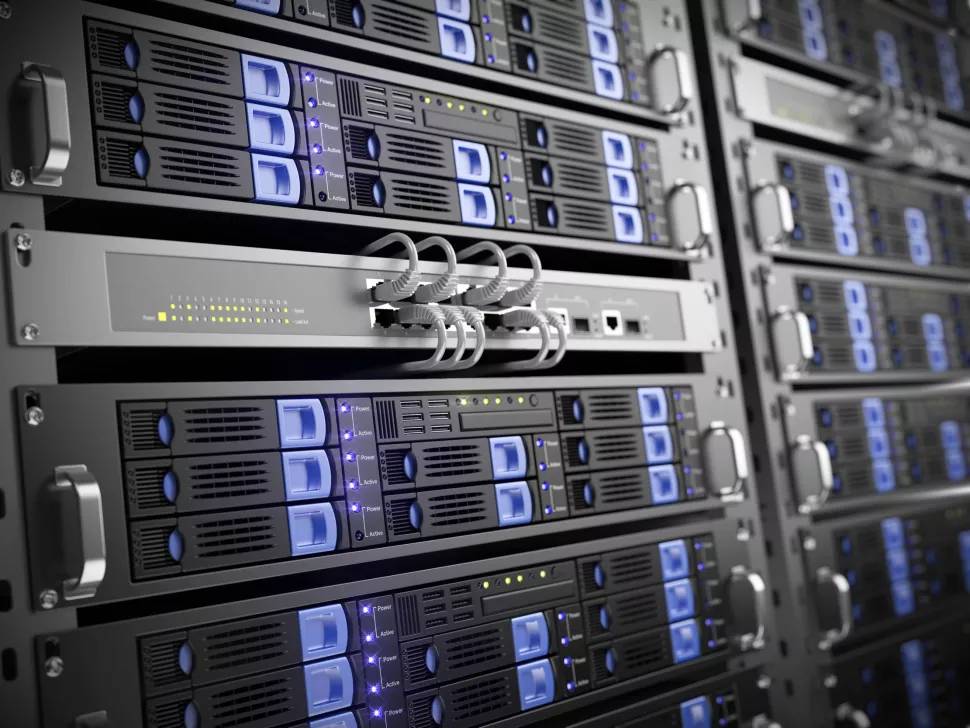 The power of IBM Power for SAP HANA and SAP S/4HANA environments
The power of IBM Power for SAP HANA and SAP S/4HANA environmentswhitepaper Greater efficiency, reduced carbon footprint
By ITPro Published
-
 ITIC 2022 Global Server Hardware, Server OS Security Report
ITIC 2022 Global Server Hardware, Server OS Security Reportwhitepaper Deploy applications safely and securely
By ITPro Published
-
 Implementing sustainable storage infrastructure
Implementing sustainable storage infrastructureWhitepaper Understand what to look for from vendors and make better storage infrastructure purchasing decisions.
By ITPro Published
-
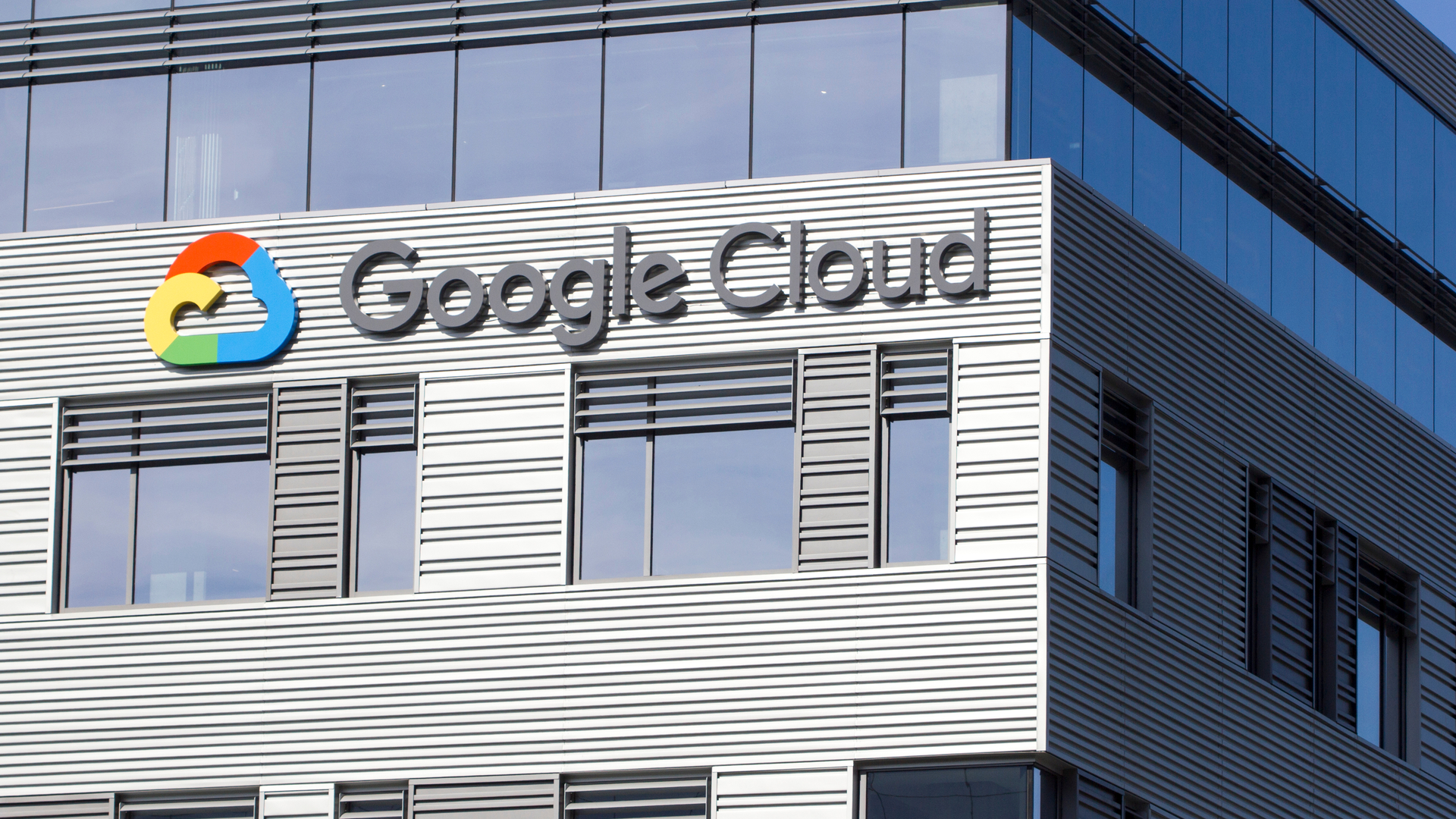 Google claims its AI chips are ‘faster, greener’ than Nvidia’s
Google claims its AI chips are ‘faster, greener’ than Nvidia’sNews Google's TPU has already been used to train AI and run data centres, but hasn't lined up against Nvidia's H100
By Rory Bathgate Published
-
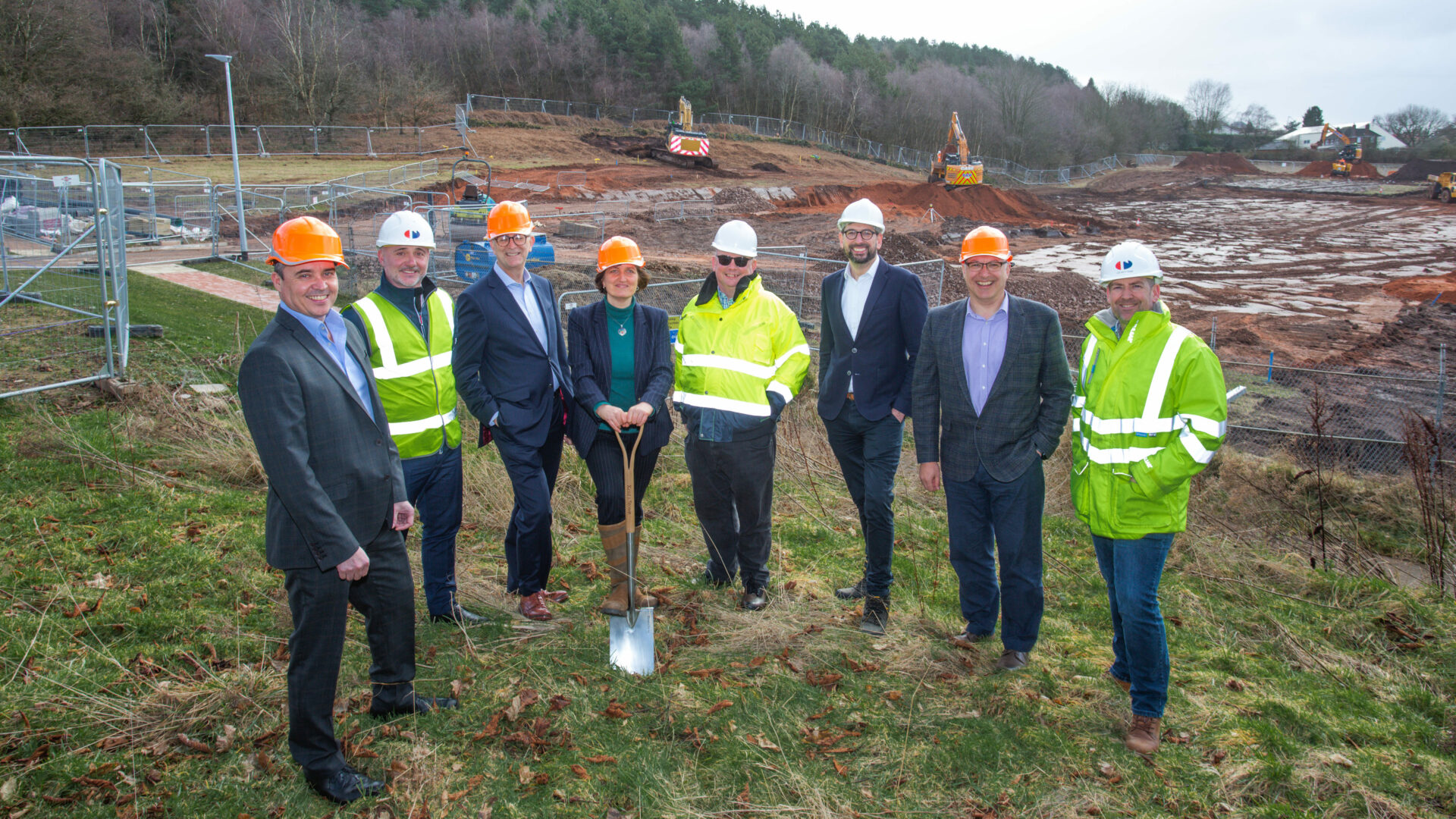 £30 million IBM-linked supercomputer centre coming to North West England
£30 million IBM-linked supercomputer centre coming to North West EnglandNews Once operational, the Hartree supercomputer will be available to businesses “of all sizes”
By Ross Kelly Published